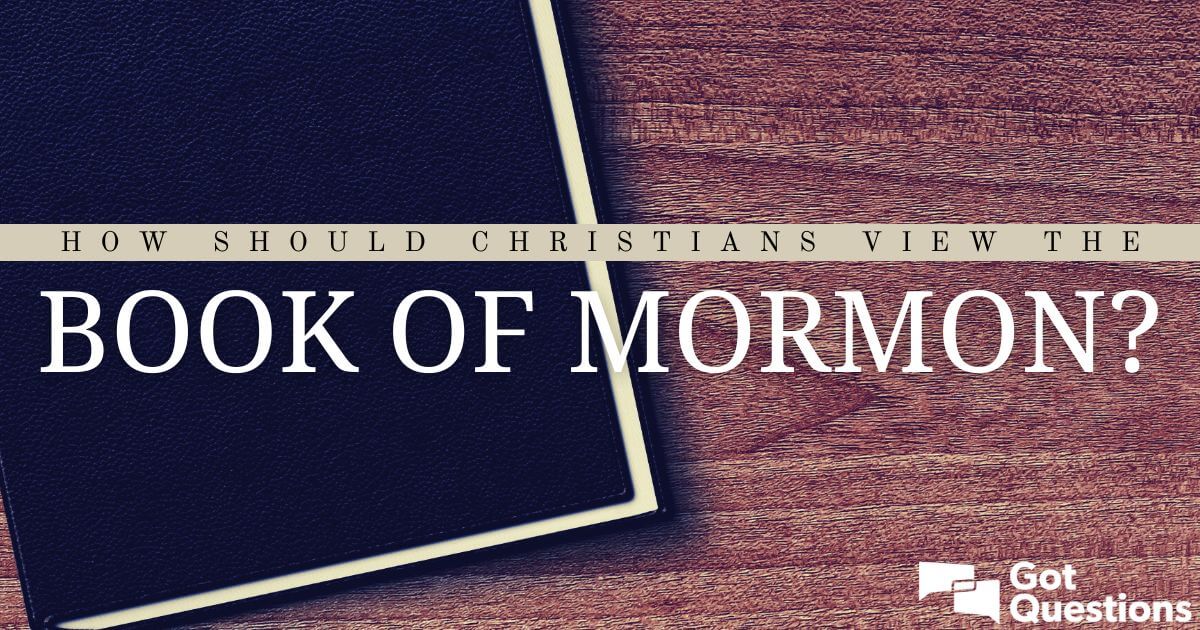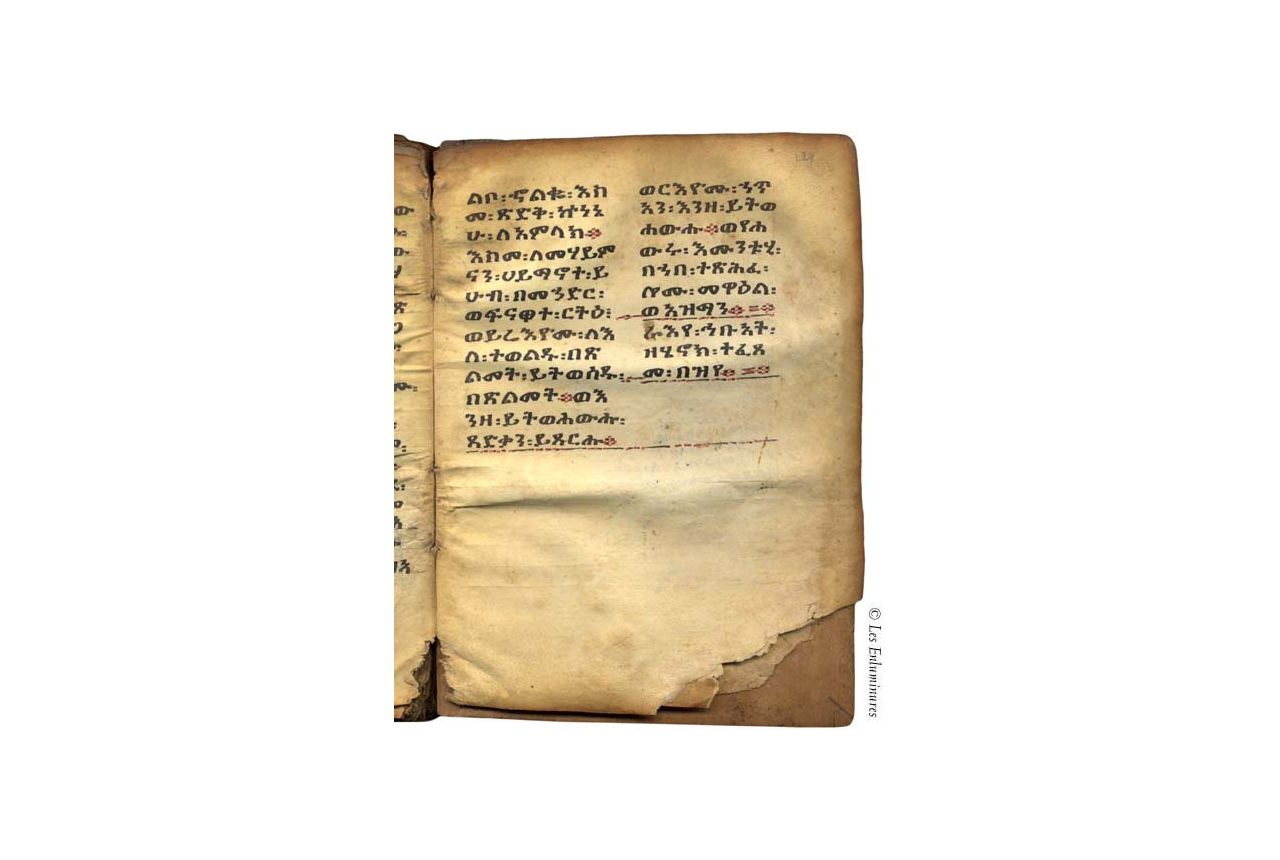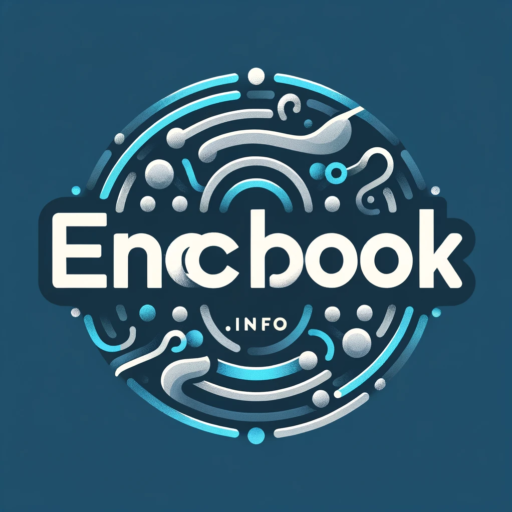The Book of Enoch is a religious text that has been a source of debate and controversy within the Christian community. Some view it as an important and authoritative work, while others argue that it is not part of the biblical canon and should not be read. The question remains: should Christians read the Book of Enoch? In this article, we will explore the historical value, theological implications, and contemporary relevance of the Book of Enoch for Christians. We will also examine its relationship with other ancient texts and address the challenges and controversies surrounding its interpretation.
Seemore: Why Stay Away from the Book of Enoch
Exploring the Canonicity of the Book of Enoch

The canonicity of the Book of Enoch refers to its status as a legitimate and authoritative text within the Bible. While some early Christian writers, such as Tertullian and Clement of Alexandria, considered the Book of Enoch to be Scripture, it was ultimately rejected by the majority of early Church leaders. This rejection was mostly due to its perceived incompatibility with the Old and New Testaments and its questionable authorship.
In modern times, the Book of Enoch has been included in the apocryphal or deuterocanonical books of some Christian denominations, such as the Ethiopian Orthodox Church and the Russian Orthodox Church. However, it remains outside the traditional biblical canon recognized by most Christian churches.
Theological Implications of Reading the Book of Enoch
For Christians who consider the Book of Enoch to be canonical or at least valuable for spiritual growth, there are some theological implications to consider. The book contains teachings and ideas that may challenge traditional Christian beliefs.
One example is the concept of fallen angels, which is a central theme in the Book of Enoch. This idea, while not explicitly mentioned in the Bible, has been widely accepted in Christian theology. However, the Book of Enoch takes this idea further by naming specific fallen angels and describing their activities on earth. This may cause some Christians to question the accuracy and validity of these teachings.
On the other hand, some of the teachings in the Book of Enoch align with Christian beliefs, such as the coming of a Messiah and the end times. These similarities may provide Christians with a deeper understanding of these concepts and offer additional perspectives for spiritual growth.
Historical and Cultural Context of the Book of Enoch

To fully understand the significance of the Book of Enoch, it is essential to consider its historical and cultural context. The book was believed to have been written between the third and first centuries BCE, making it one of the oldest surviving religious texts.
At that time, the Jewish community was facing persecution from foreign rulers, and many were looking for hope and reassurance in their faith. The Book of Enoch offered a glimpse into the afterlife and provided an explanation for the suffering and injustice they faced. It also presented the idea of a chosen one or savior who would bring about the end of evil and establish a new world order.
The Relationship Between the Book of Enoch and Other Ancient Texts
The Book of Enoch shares many similarities with other ancient texts, such as the Dead Sea Scrolls and the Book of Jubilees. This indicates that it was part of a larger body of literature known as the “Enochic tradition.” This tradition was highly influential in shaping the early Jewish and Christian understanding of the supernatural realm.
One of the most significant similarities between the Book of Enoch and other ancient texts is the mention of the Nephilim, which are described as the offspring of fallen angels and human women. This concept is also found in the Bible in Genesis 6:4, which could suggest a link between the Book of Enoch and the biblical account.
Interpreting the Book of Enoch: Challenges and Controversies

The Book of Enoch is a complex text that has been subject to various interpretations, leading to controversies within the Christian community. One of the main challenges in interpreting the book is its use of symbolism and allegory, making it difficult to discern the literal meaning of some passages.
Additionally, there are debates over the authorship of the book. While traditional Christian belief attributes its authorship to Enoch, there is evidence that suggests multiple authors may have contributed to the text. This raises questions about the accuracy and reliability of its teachings.
Another controversy surrounding the book is its inclusion of non-biblical ideas, such as astrology and angelology. Some Christians argue that these concepts go against biblical teachings and should not be considered as valid spiritual knowledge.
Despite these challenges and controversies, many scholars and theologians continue to study the Book of Enoch for its historical and cultural significance and its potential influence on early Jewish and Christian thought.
The Relevance of the Book of Enoch for Contemporary Christians
While the Book of Enoch may not be considered part of the biblical canon, it still holds relevance for Christians today. Its teachings can offer insights into ancient Jewish beliefs and practices and provide a deeper understanding of the social and political climate at the time of its writing.
Furthermore, certain themes and lessons in the Book of Enoch can resonate with contemporary Christians. For instance, the idea of a chosen one or savior bringing hope and redemption in times of oppression is a prevalent theme in both the book and the Bible. This can inspire Christians to find strength and faith in their own struggles and trust in a greater plan for ultimate justice and peace.
Approaching the Book of Enoch with a Critical Perspective
For those considering reading the Book of Enoch, it is crucial to approach it with a critical perspective. While it can offer valuable insights, it is essential to remember that it is not part of the biblical canon and may contain non-biblical teachings.
Christians are encouraged to read and study the Book of Enoch alongside other biblical texts and use sound biblical principles to discern its teachings. This will help avoid being misled by any potential inaccuracies or heretical ideas present in the book.
The Impact of the Book of Enoch on Christian Thought and Practice
Despite its disputed canonicity, the Book of Enoch has had a significant influence on Christian thought and practice. Its mention of fallen angels, apocalyptic visions, and the coming of a Messiah has shaped the early Jewish and Christian understanding of these concepts.
Additionally, the book’s inclusion in various ancient manuscripts and its circulation among early Christians indicate that it was considered a valuable and important text for spiritual growth and understanding.
Conclusion: Assessing the Value of the Book of Enoch for Christians
In conclusion, the Book of Enoch is a unique and intriguing religious text with a complex history and controversial status. Its historical value and potential impact on early Jewish and Christian thought cannot be denied. However, Christians should approach it with caution and use sound biblical principles to discern its teachings.
Whether or not Christians choose to read the Book of Enoch, one thing is certain – its existence and influence have sparked ongoing discussions and debates within the Christian community for centuries, making it a significant part of religious history and culture.
